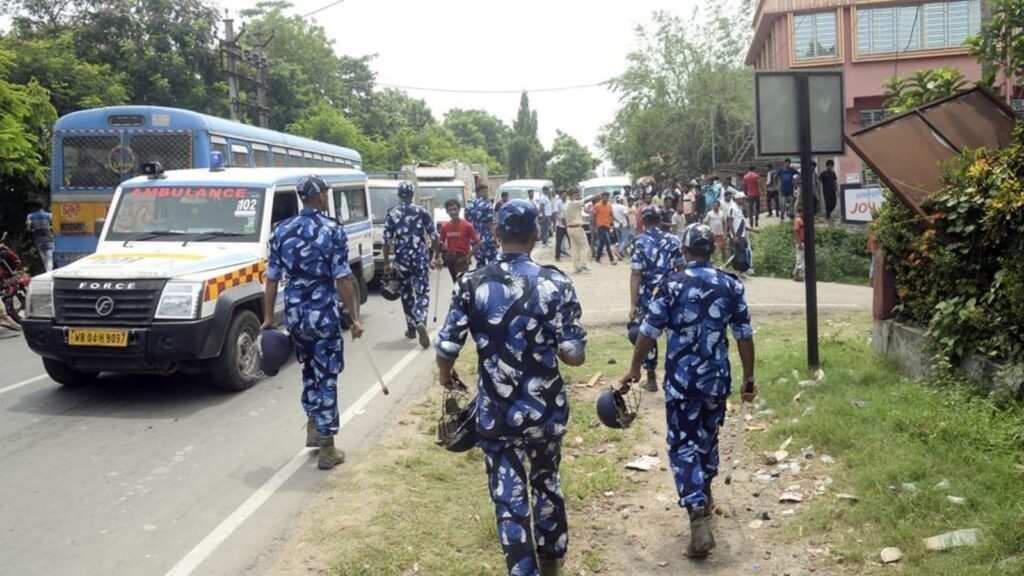Panchayats were established in large parts of the country after a landmark amendment to the Constitution, and panchayat polls followed only after that in 1993; in West Bengal, however, local body polls were held in June 1978, shortly after the Left Front swept to power. But despite the deep roots sunk by the institution, it came to be seen as a proxy for political power, a lever for the ruling party to be used at will to establish its writ in the countryside. First the Left Front and then the Trinamool Congress (TMC) treated rural bodies as tools to implement party policy and ensure votes through territorial control. No wonder, then, that state panchayat polls are always fiercely contested, often tipping into violence. This year, the nomination period witnessed political clashes leading to the deaths of eight people across various parties, including the TMC.
On Tuesday, the Supreme Court stepped in, observing that elections conduct cannot be a licence to commit violence and approving the deployment of central forces for the July 8 polls. The apex court rightly observed that free-and-fair polls are the hallmarks of grassroots democracy, and asked the state election commission (SEC) why it was opposing the Calcutta high court’s (HC) order. SEC stoked another row by asking for just one company of central force per district, reports said, prompting HC to intervene again and order more personnel.
Peaceful polls form the bedrock of democracy. Muzzling this freedom helps no one, least of all the ruling party. Political parties must take it upon themselves to undo the state’s history of election-related violence and transform the political culture so that local body polls live up to the promise made by the Constitution to its citizens.

